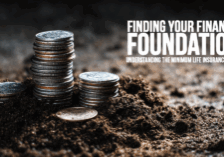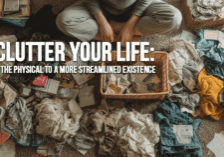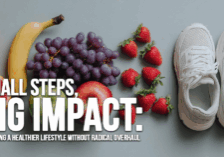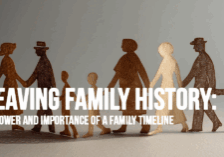Drowsy Driving
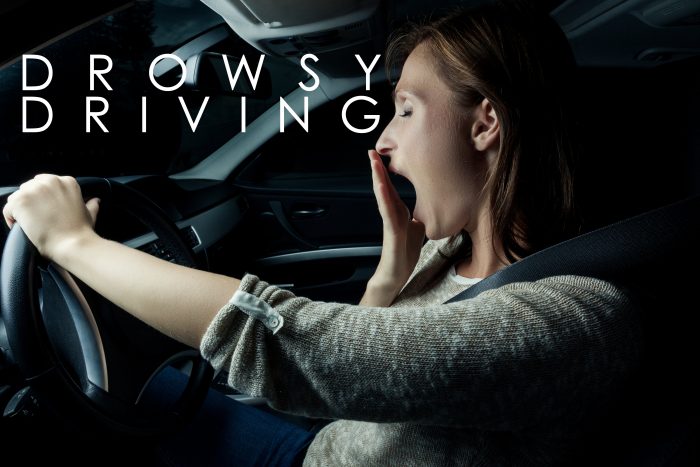
Driving drowsy results in roughly 100,000 crashes per year, also leading to over 1,500 deaths. Americans average at 6.8 hours of sleep a night, which is over an hour less than the recommended amount of sleep nightly (eight hours). Basically, this means that there are entirely too many drowsy drivers on our roads every single day. Drowsiness creeps up on us slowly, like a warm blanket. There are a few signs to recognize when you are too tired to be driving. If you are continuously yawning or blinking, missing your exit, or even drifting from your lane, you are probably too tired to be driving. Try to turn up the radio or slap yourself in the face to keep yourself awake (I’m kidding!!) If you try these things and you’re still too tired, it’s recommended that you pull over and rest. You could save your own life or someone else’s life.
Getting more sleep is the best way to make sure you’re not driving drowsy. Here’s a few key steps to getting a longer, deeper sleep.
- Exercise early in the day. Exercising earlier in the day will promote easy relaxation and sleep at night. However, if you exercise closer to bedtime, your mind will be more alert, making it harder for you to fall asleep.
- Cut back on caffeine. Drinking caffeine to keep you awake during the day will also keep you awake at night. Finish your last caffeinated beverage early on so you may fall asleep when the time comes.
- Keep your internal clock set. Your body will keep track of when it’s time to rest or be awake based on light. Wake with the rising sun and fall asleep when it’s dark out, each day. This will put you in sync with your internal clock and promote restful sleep.
- Keep your room cozy. Create a sense of “sleeping on a cloud” with your pillows and blankets. Make sure your room is quiet, dark, and at a comfortable temperature to ensure your ability to fall asleep quickly.
- Relax before bed. Take some time to yourself to wind down. Sit on the couch with a good book or a hot cup of tea, while you listen to classical music to calm your heart rate and ease your breathing. Take a hot bath. Once you’re truly relaxed, then you attempt to sleep.
- Try a natural sleep-aid. Melatonin is produced by the pineal gland in your brain; it’s a hormone that makes you sleepy. Synthetic melatonin comes in pill-form and helps you fall asleep. Another natural sleep aid, known as Valerian Root, is known to not only help you fall asleep more quickly, but also greatly improves your quality of sleep.
- Take deep breaths. Focus on each breath, and this will ease you into a deep relaxation. This will help quiet your mind. You’ll be asleep before you know it.
 By: KayLynn
By: KayLynn
Do you have questions about your insurance? Find an insurance agent near you with our Agent Finder
Search All Blogs
Search All Blogs
Read More Insurance Blogs
Lightening the Load: A Guide to Decluttering for Your Loved Ones
Declutter for peace of mind, yours and theirs.
Your Life Insurance Recipe: Crafting the Perfect Blend for Your Family’s Future
Find your perfect life insurance mix: Learn how to blend term and permanent policies for optimal family protection.
Embracing Tomorrow: The Practical Power of Planning for Life’s Only Certainty
Face the future with confidence: Understand how planning for life’s only certainty with life insurance can provide lasting security.
Navigating the Grandparenting Journey: Understanding Today’s Families
Grandparenting today: Learn key shifts in family dynamics to build stronger connections with your children and grandchildren.
Finding Your Financial Foundation: Understanding the Minimum Life Insurance You Need
What’s the minimum life insurance you really need? Learn about covering final expenses, debts, and providing immediate financial relief for your family.
Declutter Your Life: Beyond the Physical to a More Streamlined Existence
Tired of clutter? Discover actionable tips to declutter not just your belongings, but also your finances and digital life for a more streamlined and stress-free life.
Your Life Insurance Journey: Start Small, Dream Big, Build Security
Don’t wait for the perfect policy. Discover how starting small with life insurance is the key to building long-term financial security for your family.
Small Steps, Big Impact: Achieving a Healthier Lifestyle Without Radical Overhaul
Forget extreme diets and intense workouts. Learn how simple, everyday choices can add up to a healthier lifestyle.
Weaving Family History: The Power and Importance of a Family Timeline
More than just dates: Crafting a family timeline to connect generations and preserve memories.
Family Fitness Adventures for Lasting Memories
Ditch the couch: Active family fun for a healthier, happier life.




